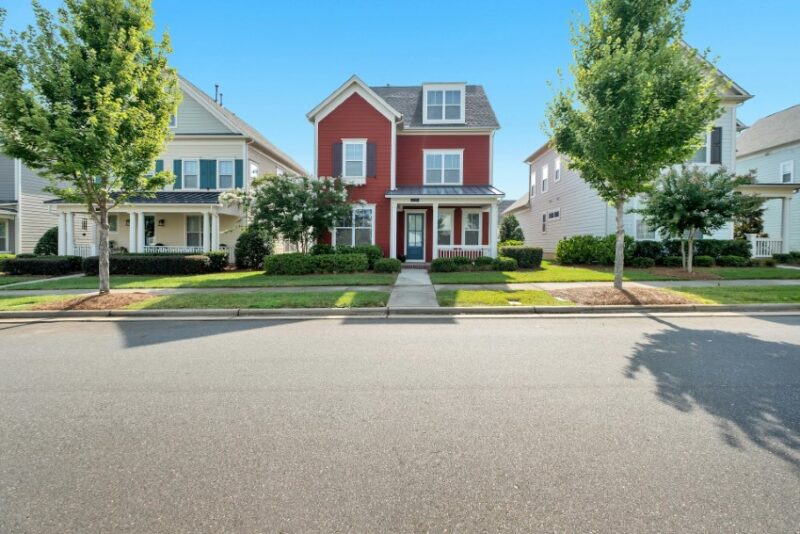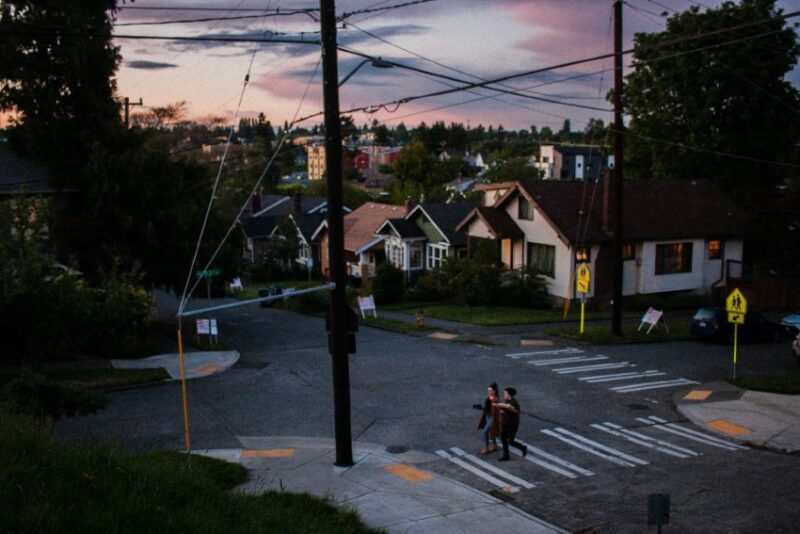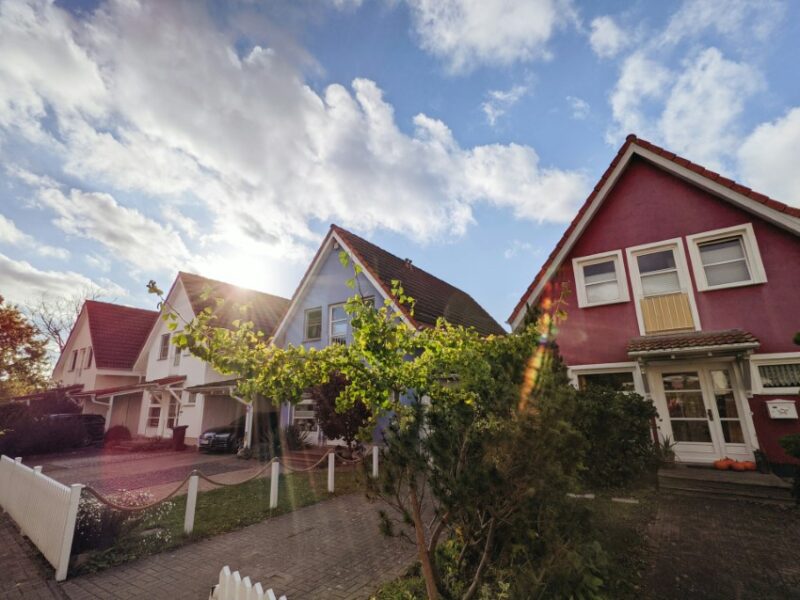Moving to the Suburbs? What to Expect When You Leave the City Behind
Are you considering a move to the suburbs? With the rising cost of living and limited space in city areas, it’s no surprise that many people are looking to make the switch. While leaving the bustling city life may seem daunting at first, there are numerous benefits to living in the suburbs.
In this article, we’ll explore what you can expect when making the move to the suburbs. From housing options to community atmosphere, we’ll cover everything you need to know before packing up and saying goodbye to city life. If you’re ready for a change of scenery, keep reading!
Housing Options
One of the biggest differences between city living and suburban life is the housing options available. In the city, apartments and condos are often the only affordable choices. But these kinds of homes may not be ideal for growing families.
In the suburbs, you’ll find a variety of housing types including single-family homes, townhouses, and even large estates. This means more space for your family, a backyard for your pets, and more privacy overall. Plus, with lower property taxes in the suburbs, you may even be able to afford a larger home than you would in the city.
When considering housing options, be to think about your lifestyle and needs. Are you looking for a close-knit community with amenities such as pools and parks? Or do you prefer a quieter area with larger lots and more space between neighbors? Researching different neighborhoods and talking to local real estate agents can help you gauge what type of suburban housing would be the best fit for you and your family.
Community Atmosphere
The hustle and bustle of city life can be exciting, but it can also be overwhelming. In the suburbs, you’ll find a slower pace of life where neighbors know each other and there is a strong sense of community. This can be especially beneficial if you have children, as many suburban areas have great school systems and plenty of family-friendly activities. Additionally, with more space and quieter streets, you’ll have the opportunity to get to know your neighbors and form meaningful relationships.
Commuting
Commuting in the city can be time-consuming and stressful, but in the suburbs, it’s often a different story. Many suburban areas have easier access to highways and public transportation, making your daily commute much smoother. Plus, with less traffic overall, you may find that you spend less time sitting in your car and more time enjoying your new neighborhood.
Adjusting your morning routine to accommodate a longer commute may be a necessary and expected change when moving to the suburbs. However, with proper planning and organization, you can make the transition smoother. Consider waking up a bit earlier to avoid rush hour traffic or explore alternative transportation options such as carpooling or public transit. You may also find that the slower pace of suburban life allows you to enjoy a more relaxed morning routine, with time for a cup of coffee on your porch before heading off to work. Whatever you do, don’t forget to embrace the change and find ways to make your new commute enjoyable and stress-free.
Cost of Living
As mentioned, the cost of living in the city can be exorbitant. From rent to groceries, everything tends to be more expensive. But in the suburbs, you’ll find that many items are cheaper due to lower demand and cost of living. This means you may have some extra money in your budget for things like family vacations or saving for the future.
Living in the suburbs may require a different budget than city living. While some costs may decrease, others may increase, such as transportation if you need to commute longer distances for work or school. It’s important to reassess your budget and make adjustments accordingly when moving to the suburbs. Consider saving money by taking advantage of cheaper grocery stores and cooking meals at home more often. You may also be able to save on entertainment by taking advantage of community events and activities, rather than costly city outings.
Home Maintenance
In the suburbs, you’ll also need to consider home maintenance as part of your cost of living. Unlike apartment complexes where landlords typically take care of maintenance issues, suburban homeowners are responsible for upkeep and repairs on their property. This may include tasks such as lawn care, snow removal, and general home repairs like plumbing problems and roofing issues.
However, with a larger home and yard comes more space to personalize and make your own. Many suburban homeowners take pride in their homes and enjoy the freedom to customize and improve their living spaces. Don’t get frustrated with yourself if you aren’t as handy around the home as you’d like to be; keeping professionals on-hand, like a plumber or roofing contractor, can still be an effective and hassle-free solution.
Nature and Outdoor Activities
While cities offer plenty of cultural attractions and nightlife, they often lack in nature and outdoor activities. In the suburbs, you’ll have access to parks, hiking trails, and other outdoor recreational areas. This is great for those who enjoy spending time outdoors or want a more peaceful environment to relax in.
Making the move from the city to the suburbs may seem like a big change, but it comes with numerous benefits. From more affordable housing options to a tight-knit community and easier commuting, you may find that suburban life suits you better than the city. Don’t be afraid to do your research and explore different suburbs before making a decision. And who knows, you may just fall in love with the slower pace of life and never want to go back. Good luck on your suburban adventure!















